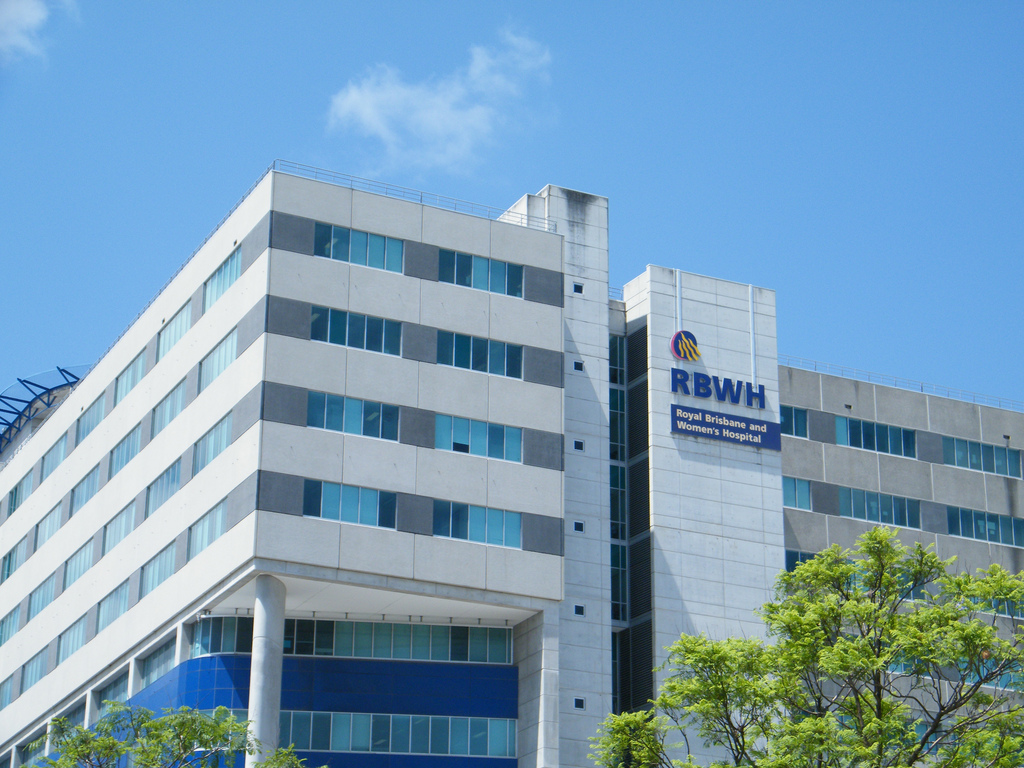Calls for better hospital access for international students
AUSTRALIAN private health insurer Medibank is calling for improved hospital access for international students after reports they are being turned away from hospitals. Luke Henriques-Gomes reports.

The Royal Brisbane and Women's Hospital has reportedly banned international students from receiving services to cut costs. Photo: Zayzayem via Flickr
One of Australia’s top private health insurers, Medibank, is calling for better hospital access for international students after reports emerged of them being turned away from hospitals.
While international students are required to purchase private health insurance in order to be granted an Australian visa, many say hospitals will still not accept them as patients.
A Medibank spokesperson told Meld they support international students having private health insurance while in Australia but more needed to be done.
“We strongly encourage a ‘whole-of-government’ approach to ensuring that appropriate medical care is available to all overseas students as and when it is needed, and we advocate this on their behalf,” the spokesperson said.
In a submission to the International Education Advisory Council, Medibank said the issue of inadequate hospital access could damage Australia’s reputation as an education provider to international students.
“It affects a student’s experience and perception of Australia and could potentially result in harm to an individual and their family where they are unclear about how to access medical treatment,” the submission said.
In November last year, The Australian reported the wife of an international student was forced to give birth in a car after being refused care at five different public hospitals.
Melbourne PhD student Rozmisi Rahman told the newspaper he delivered his son in a hospital carpark.
In October last year, The Courier-Mailreported Royal Brisbane and Women’s Hospital had banned international students from receiving services to cut costs.
The Private Health Insurance Ombudsman (PHIO) told Meld it had also received complaints from international students unable to access hospital care.
“The PHIO investigated a small number of complaints in late 2011 and early 2012 (less than 6) from overseas visitors and students who were unable to book into a public hospital for maternity services,” a PHIO spokesperson said.
“The PHIO can report and make recommendations to industry and Government.
“As these complaints were all satisfactorily resolved, none of them has been the subject of a formal recommendation.”
The ombudsman was unable to offer further information about the complaints because of privacy laws.
Medibank has recommended a cross government working group be formed to tackle this issue, made up of State and Federal Government representatives.
“Considerable work is required with individual hospitals/hospital regions to address current policies preventing people with OSHC from accessing appropriate medical care,” it said.
A spokesperson for Southern Health said that while no critically ill patient is turned away, they primarily provide services to eligible public patients.
“Southern Health is also able to provide access to some services for women who wish to utilize their private health insurance under the private in public scheme,” the spokesperson said.
“Services offered to private patients may vary depending on overall demand.”
